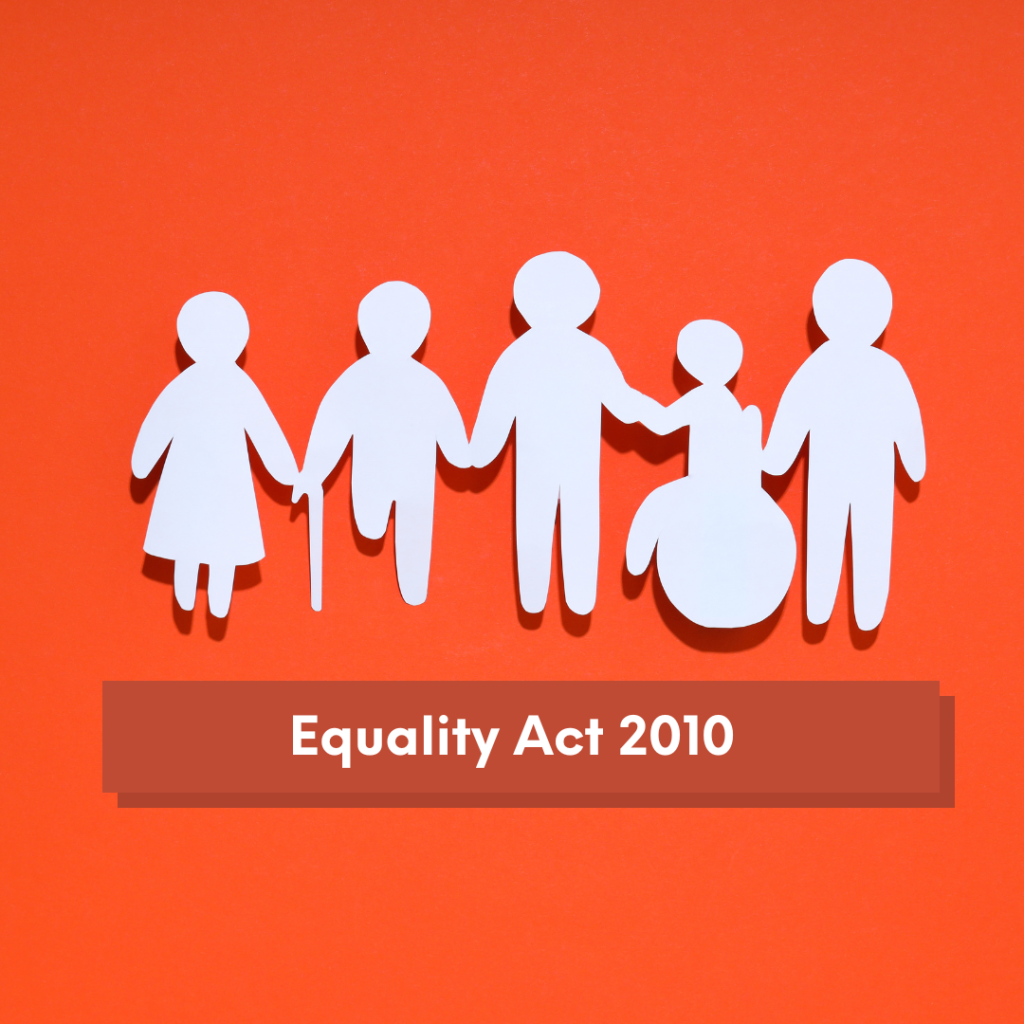
Sexual Harassment
The Worker Protection (Amendment of Equality Act 2010) Act 2023 has received Royal Assent and will come into force in October 2024.
This will create a statutory duty for employers to take reasonable steps to prevent sexual harassment in the workplace. This is what some describe as a ‘watered down’ version of the original legislation that was proposed, as the previously discussed ‘third party protection’ has since been scrapped.
However, it does place a duty on employers to take reasonable steps to prevent sexual harassment and therefore represents a need for a more proactive approach. Organisations will need to factor in any additional liability and reputational risk and look closely at their existing dignity at work and harassment policies, as well as raise awareness within their workforce in relation to these policies.
Sexual Harassment claims appear to be on the rise with Global corporations having to defend a number of high-profile claims in recent weeks. This only strengthens our recommendations that not only do businesses need to ensure their policies and procedures are clear and up to date, but their staff may also need some up-to-date training to ensure equality, diversity and inclusion are all clearly at the top of their priority list.
Draft Legislation from 1st January 2024
Many of these amendments are relatively minor and have been made on a technical basis to ensure that we maintain certain EU-derived discrimination protections which would otherwise have disappeared at the end of this year due to Brexit.
However, the amendments also look to include:
Indirect Discrimination
- The extension of indirect discrimination protection to those without a protected characteristic, should they suffer the same disadvantage as someone with a protected characteristic, because of the employer’s policy, provision or criterion.
- This has the potential to result in an overhaul of internal policies for many businesses.
Definition of Disability
- An amendment to guidance on the definition of disability within the Equality Act 2010.
- When considering the day-to-day activities that a worker is capable of undertaking when assessing whether they may be considered to have a qualifying disability, employers may now be able to consider a person’s ability to participate fully and effectively in working life on an equal basis with other workers.
- This has the potential to widen the scope of qualifying disabilities should workers be able to do their typical day to day activities but are unable to participate fully and effectively in working life on an equal basis to their colleagues.
- What currently remains unclear, is to what extent this will apply across the sectors.
Extension of Direct Discrimination
- Even if there is no active recruitment process ongoing and no identifiable victim, should any statement be made about not wanting to recruit a person with a certain protected characteristic, this could be considered discrimination.
- Of course, there are potential justifications for characteristics such as age for example but generally speaking, this could widen the scope for direct discrimination claims from potential employees before anyone is even initially employed.
Sex Discrimination
- There is now confirmation within the suggested draft that all breastfeeding workers would be protected under the protected characteristic of sex, should they no longer fall within the protection of pregnancy and maternity leave.
Equal Pay
- A ‘single source’ test is likely to be established for all equal pay comparators.
- This cements the idea that has been established in precedent that an equal pay comparator can potentially work for a different business so long as the body responsible for setting terms and conditions is the same.
- This is likely to be a serious consideration for larger businesses within group companies as their workforce now has a much wider pool to consider comparator colleagues when considering discrimination claims.
Should you or your business need any further information on any of the proposed changes coming into force in the next 12 months please contact one of our Employment specialists for specific advice at hello@bhayanilaw.co.uk or on 0333 888 1360.







